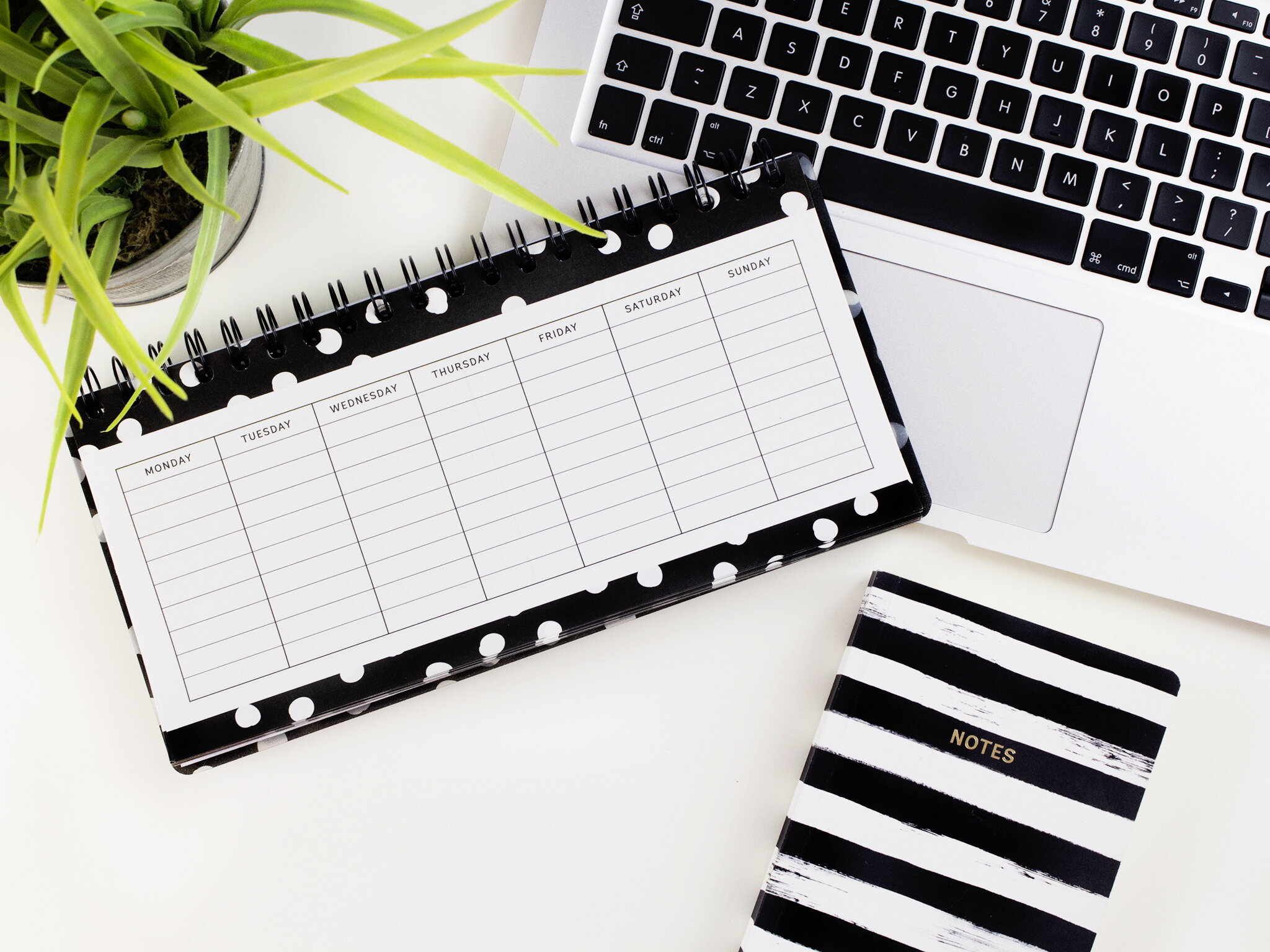If you’re feeling overwhelmed, you’re not alone. In 2020, 84% of Americans reported feeling some type of stress-related emotion, such as anxiety, sadness, or anger. Starting to find some “normalcy” after lockdown, returning to in-person work and social gatherings, and making sense of the last year’s collective trauma has been impacting people’s mental and physical health. Here are some ways you can tackle those feelings to get back to feeling calm and in control.
1. Get Back to Basics
When it feels like there are so many demands on your time or attention, sometimes our basic needs can get the least of our effort. If you’re feeling your stress build, check in with yourself to see how you are taking care of your wellbeing. Your energy levels can be an indicator of how stressed you may be. Notice how the list of tasks and to-dos makes you feel, and choose to prioritize your self care first. Give your attention to your most basic needs: staying hydrated, getting enough sleep, eating nutritious meals, moving your body, and getting fresh air. I know I personally notice that when I get extra busy, sometimes I slack on my meditation practice because I don’t feel I have enough time. In reality, the busier I am the more crucial it is that I make time for meditation. By choosing to take care of yourself to set this foundation, you will feel the difference in how you are able to face life’s daily demands.
2. Pare Down
Really assess the things that are weighing you down and making you feel overwhelmed. What can you take off your plate? Even though it is natural to feel that everything you have to do is absolutely necessary, take some time and reduce your commitments to things that aren’t directly related to your immediate or most important goals. You may be overcommitting to things out of obligation, or because you think you “should.” These items that seem so time sensitive or stressful may actually be something you can let go of. Sometimes this means saying no to people you don’t want to disappoint, or activities you don’t want to miss out on. But when you are working on managing overwhelm, it is important to know your limits and put your mental and physical health first. By cutting back, you create space in your schedule – and in your mind – to focus on what is most important to you. When you free up time, the sense of overwhelm lessens. I recommend making a list of “non-negotiables” and “nice-to-haves” for your routine to help determine what you can live without to lift some of the weight off of yourself.
3. Prioritize
Now that you’ve cleared away the less crucial items from your schedule and to do list, review the tasks that are necessary and begin to prioritize them. If you can dedicate time each morning to planning out what you want to accomplish that day, you take back control of your time and energy. Consider the urgency and amount of work that is required for the items you are balancing. Whether these are work-oriented or personal projects, break them down into steps that you can realistically achieve. Be honest with yourself about what is needed for each step. Will it require hours of focused attention? What resources will you need? This helps set you up for success to create positive momentum that will keep you going. Try writing down ONE thing to prioritize and get done each day and start there!
4. Take Breaks
When I have a ton on my plate, my inclination is to keep pushing through when really, a break is what I need most. By breaking things up throughout your day and stepping away when you need to, you give yourself a chance to reset and come back fresher than before. Step outside, listen to music, have a snack. Building breaks into your day allows you to slow down and recharge regularly so you’re less likely to get overwhelmed. Rather than let the stress build up to the point that you feel anxious, this allows you to get ahead of it. Allow yourself to rest when you need to.
Another example of where to take a break is your social media consumption. The endless scrolling can be overwhelming and can contribute to a tendency to compare yourself to others. Cutting down on social media – or other technology – helps you feel more in touch with the present moment and can increase your focus to get to work on the things you’ve identified as priorities.
5. Practice Gratitude
Reflect at the end of each day on the moments you were grateful for. It is easy to fall into a pattern of only focusing on the negative. Consciously bringing awareness to the positive helps boost feelings of relaxation and promotes strong mental health. You can choose to create a ritual of writing these gratitudes each evening, or simply recalling them in your mind. It can sometimes feel like the world is overwhelming but when we see the good in our life, it reduces the control stress can have on us.
6. Ask for Help
Sometimes you’ve tried prioritizing, cutting back, and setting boundaries, and the overwhelm is still there. Or, you can’t put your finger on what it is that is so causing such overwhelming emotions for you. Don’t be afraid to ask for help, whatever that may look like. Talk things out with a friend, enlist assistance with something you are working on, turn to trusted books and podcasts that inspire you. Support can come in any form that you find most helpful. Therapy can also be a place to process negative thoughts and emotions that you are having trouble making sense of. A community can also be extremely helpful. Finding a group you can connect with can lead to bolstering your emotional wellbeing and reducing stress. Part of our approach at Liberate is to foster a sense of community in each and every class, so it could be an amazing resource for anyone who’s feeling overwhelmed.
Stress and overwhelm are normal and natural feelings, and you don’t have to suffer through them alone. With these strategies you can feel more relaxed and help reduce the potential for overwhelming feelings. Let us know if you try one of these tips or have questions in the comments below!





